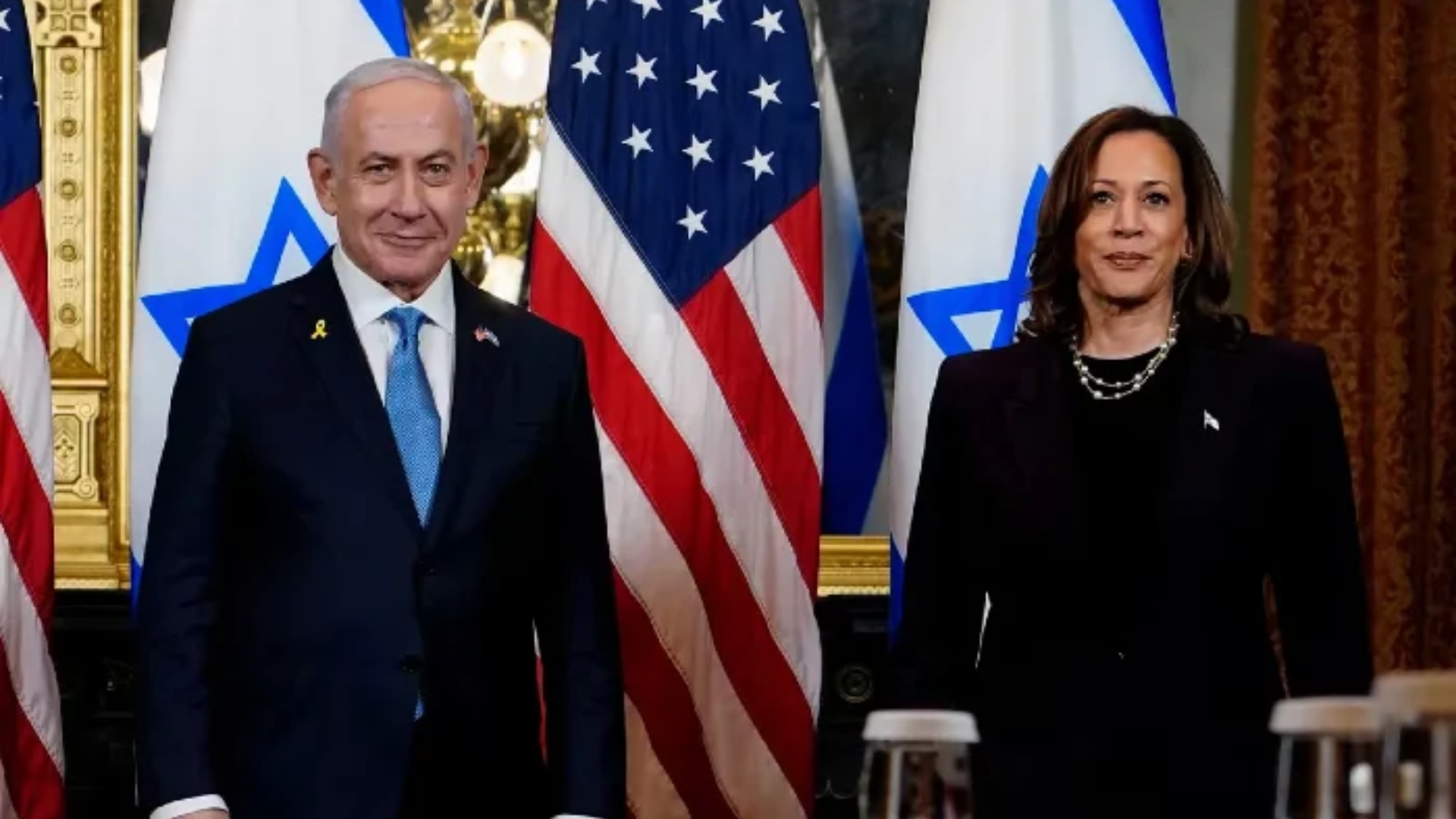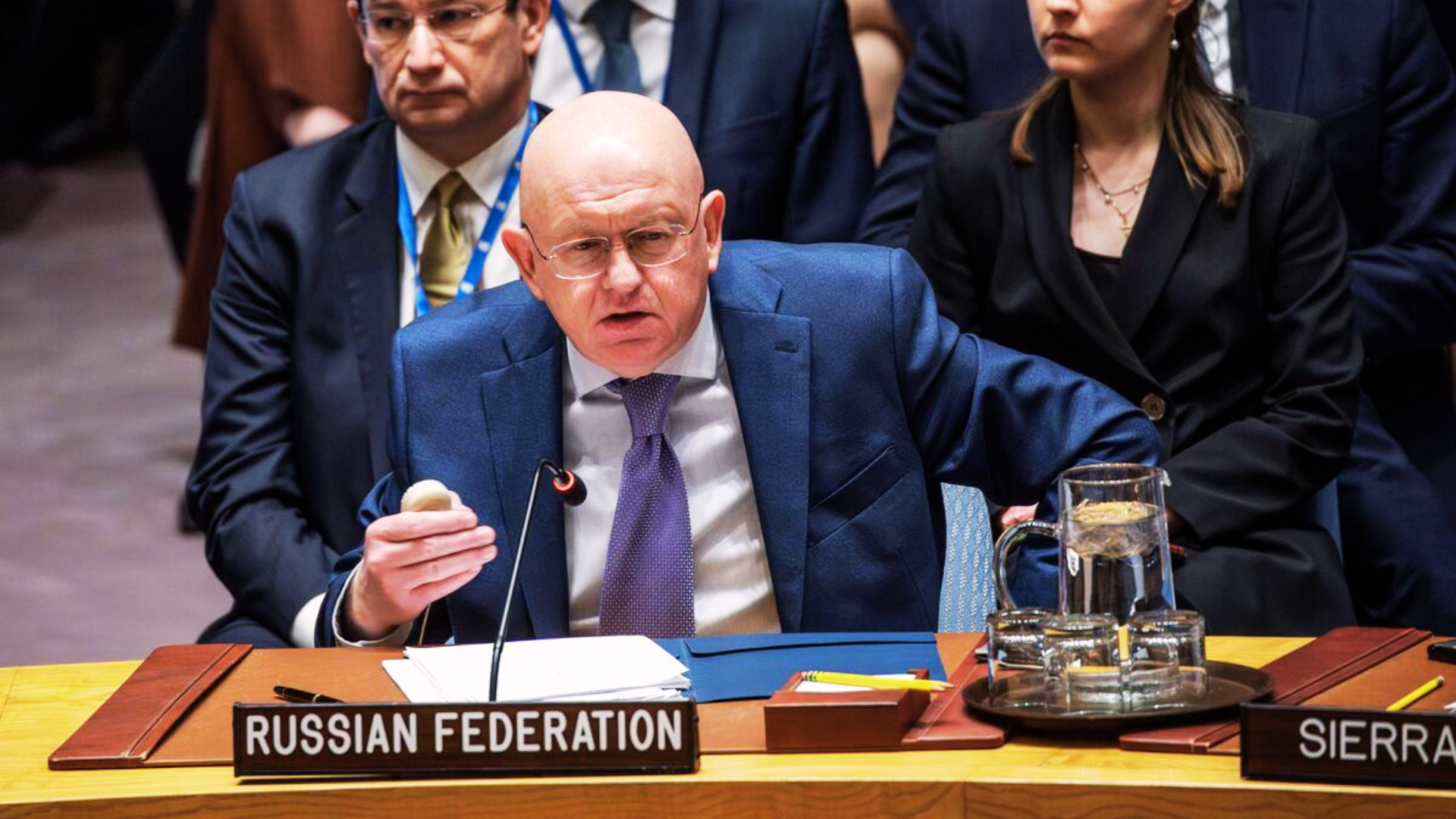In a significant move, Russia exercised its veto power in the United Nations Security Council on Wednesday, blocking a U.S.-sponsored resolution aimed at preventing an arms race in outer space. The resolution called on countries to uphold regulations to deter the militarization of space, but Russia’s veto raised concerns and prompted questioning from the United States about Moscow’s intentions.
The decision to veto the resolution came amidst accusations from Washington regarding Russia’s development of an anti-satellite nuclear weapon for space deployment, an allegation that Russia vehemently denies. Russian President Vladimir Putin has explicitly stated Moscow’s opposition to placing nuclear weapons in space, underscoring the Kremlin’s commitment to space disarmament.
Following the vote, U.S. Ambassador to the UN Linda Thomas-Greenfield expressed bewilderment, questioning Russia’s motives behind the veto. She underscored the importance of upholding international norms and reiterated the U.S.’s commitment to preventing an arms race in outer space.
In response, Russia’s UN Ambassador Vassily Nebenzia accused Washington of attempting to discredit Moscow and reaffirmed Russia’s commitment to peaceful negotiations. Nebenzia indicated that Russia would initiate discussions with council members to introduce its own draft resolution aimed at ensuring the peaceful use of outer space.
ALSO READ : EC Plans To Set Up 1,800+ Special Polling Stations In Karnataka
The U.S.-drafted resolution received 13 votes in favor, with China abstaining and Russia exercising its veto power. The proposed resolution sought to reaffirm adherence to the Outer Space Treaty, emphasizing the peaceful utilization of space and the prevention of space militarization.
Prior to the vote, Russia and China proposed amendments to include a comprehensive ban on the placement of weapons in outer space. However, the proposed amendments failed to garner sufficient support from council members.
The escalating tensions over space militarization underscore the growing importance of satellite technology in modern warfare, with governments increasingly viewing satellites as crucial assets for military operations. Amidst geopolitical tensions, the need for diplomatic engagement and adherence to international treaties remains paramount to prevent the weaponization of space.
While U.S. intelligence officials have expressed concerns about Russia’s alleged space-based nuclear weapon capability, Russia has denied deploying such a weapon. The issue underscores the complexities surrounding space security and the challenges in reaching consensus on measures to prevent an arms race in outer space.
Efforts to address the issue have been ongoing, with Russian Deputy Foreign Minister Sergey Ryabkov acknowledging discussions with Washington on the non-deployment of nuclear weapons in space. However, the level of engagement between the two countries remains uncertain, highlighting the ongoing diplomatic challenges in addressing space security concerns.
















